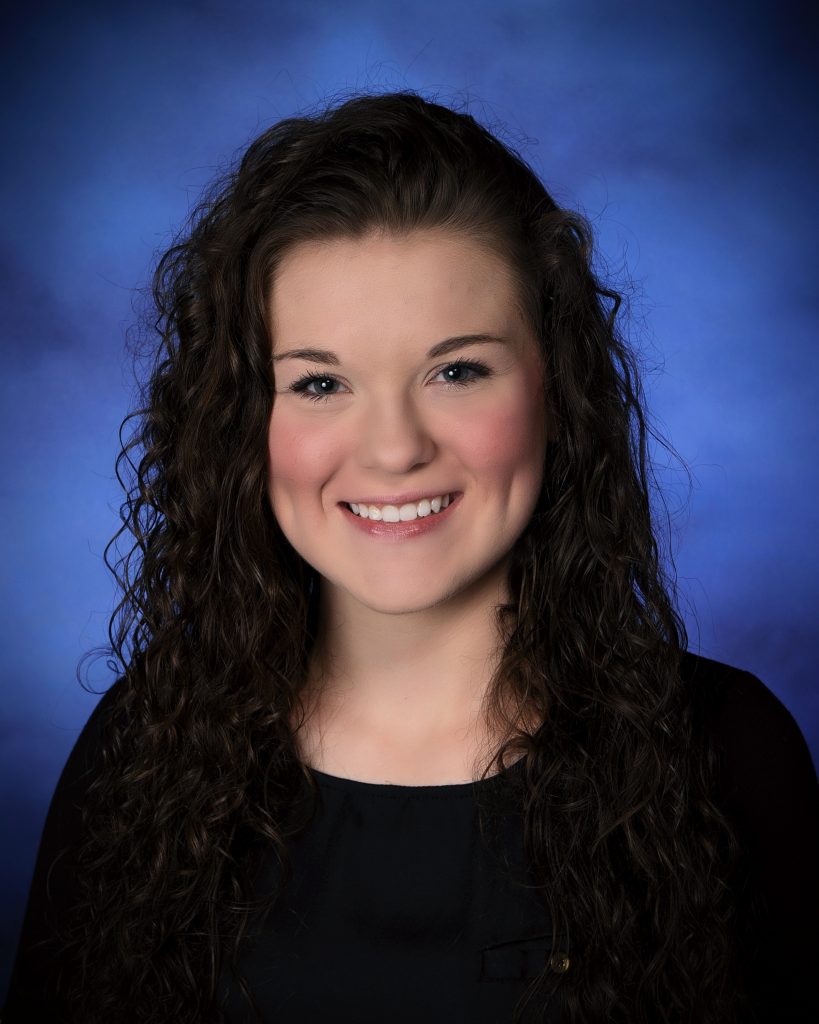By Elizabeth Randall, University of Michigan

Before taking BA 310, I thought that having an open mind was key to being culturally competent. I grew up in a household that valued differences and emphasized treating every person with respect. When I started my time at Michigan, I realized that there was a massive number of students and professors with different backgrounds. This sparked my interest in trying to learn more about perspectives different than my own which is why I was immediately drawn to this course. I am the type of person who likes to question ways of thinking and doing, and I thought this would be the perfect opportunity to challenge my own preconceived notions about business and culture. I was excited to learn from my peers across the world and see how our similarities and differences make us who we are and how our different cultures influence it.
One thing that will stick with me after taking this course is that humans must adapt to the situation they are in. Being a student at Ross, I thought that I had working in a group down to a science, but I had never worked in a group full of students from across the globe. My cross-cultural group had to work much harder at communicating and following up with one another because of the vast time difference between our countries. I discovered that different cultures and students approach tasks differently, and we must be willing to work differently to be successful in diverse groups. Furthermore, I learned that culture still and always will matter in this world. People are proud to be different, have different traditions, and speak different languages. Our culture shapes our preferences, our way of thinking, and our work style. Culture is what makes humanity interesting, and everyone must be willing to accept each other’s differences.
My final takeaway from the course and virtual practicum experience is that cultural competence is not something that is mastered in one day. Every person in this world has a duty to try to increase our awareness of others’ cultures. At the end of the day, we are all human beings, and our differences are something that should be embraced. We must accept that one culture is not superior to another, and it takes effort to be comfortable with differences. If every person worked toward becoming more culturally competent and aware, we can make a more open and inclusive world that accepts and values everyone’s differences.
